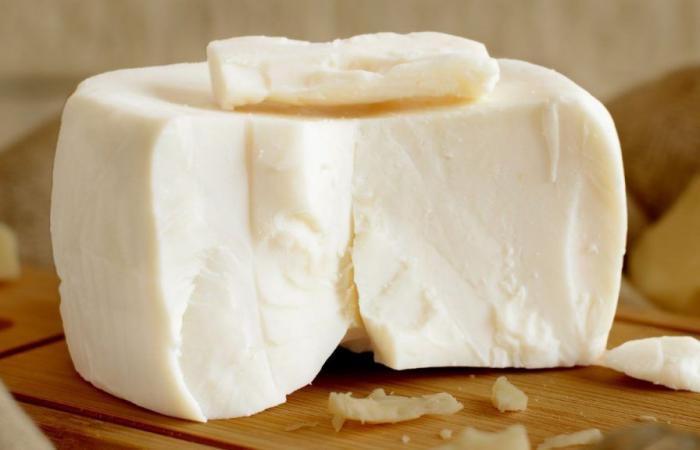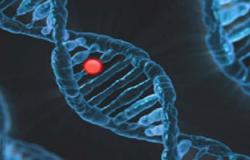Written in TRENDS he 6/19/2024 · 11:21 a.m.
Last update: 6/19/2024 · 11:25 am
Last Monday, June 17, researchers announced a new effect of cheese on health, For this reason, lovers of this food will have to take it into account from now on.
A study carried out by Chinese specialists revealed that cheese provides some benefits for our body, since It has a causal effect on mental well-being for healthy aging.
What benefits does cheese provide?
There are 33 factors that play a relevant role and are called “mediators between the spectrum of well-being and the genetically independent phenotype of aging” (GIP).
Some of these factors are shaped by lifestyle, like the habits we have like playing video games or drinking alcohol; behavior, An example is the use of medications; and diseases, such as heart failure, attention deficit hyperactivity disorder, stroke, among others.
The investigation analyzed genetic data from up to 2.3 million people of European ancestry, finding that those with better mental well-being tend to be healthier. In addition, they have very good indicators regarding resistance to stress, longevity and better self-assessment of health.
Researchers point out that increasing the consumption of cheese and fruit can have benefits for our health, This is because said food was one of the five key mediators in the lifestyles analyzed.
According to the findings published by the authors of the study, eating cheese has a positive impact of 3.67 percent in terms of healthy aging factors. For its part, greater fruit consumption provides 1.96 percent.
Now you know, If you are a cheese lover, this new effect on your health which was found by researchers can benefit your body.






